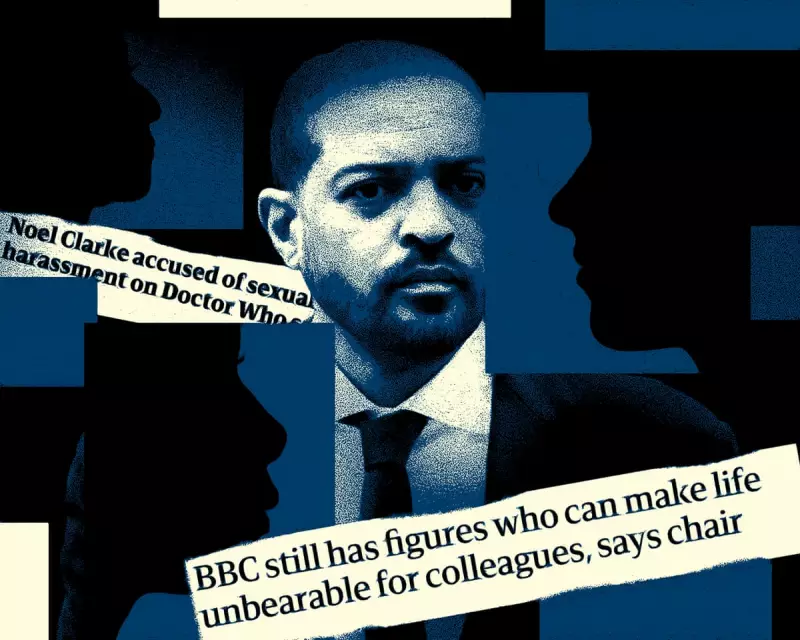
Despite repeated promises of reform and zero-tolerance policies, Britain's television industry remains gripped by a deep-seated culture of bullying, harassment, and systemic abuse of power. Recent high-profile scandals involving figures like actor Noel Clarke and presenter Gregg Wallace have exposed the alarming persistence of toxic environments behind the camera.
The Unkept Promises of Reform
Following the #MeToo movement and numerous industry pledges to clean up its act, many had hoped for meaningful change. Yet whistleblowers and industry insiders report that little has actually improved for those working on the ground. The power imbalances that enable abusive behaviour remain largely intact, with junior staff particularly vulnerable to exploitation.
High-Profile Cases: From Clarke to Wallace
The allegations against Noel Clarke, which included sexual harassment and bullying, shocked the industry but represented just the tip of the iceberg. More recently, Gregg Wallace's departure from Saturday Kitchen following complaints about his behaviour highlighted how even established figures are not immune to scrutiny—though many question whether consequences would have followed without media attention.
The Structural Problems Enabling Abuse
Several factors contribute to the persistence of toxic cultures in UK television:
- Freelance precarity: Many staff work on short-term contracts, fearing that speaking out could blacklist them from future work
- Power concentration: A small number of influential figures hold disproportionate power over careers
- HR limitations: Human resources departments often prioritise protecting the company over supporting victims
- Cultural normalisation: Many accept bullying as "just how the industry works"
The Human Cost of Inaction
Beyond the headlines, the real impact falls on countless production assistants, researchers, and junior staff who endure hostile working environments. Many leave the industry altogether, taking their talent and potential with them. The creative cost to British television is immeasurable when diverse voices are driven out by toxic cultures.
Is Meaningful Change Possible?
While some broadcasters have implemented new protocols and training programs, critics argue these are merely cosmetic without addressing underlying power structures. True reform would require fundamental changes to how television is produced, including:
- Proper independent reporting channels protected from industry influence
- Transparent hiring and promotion processes
- Meaningful consequences for abusive behaviour regardless of seniority
- Greater union representation and protection for freelance workers
Until the industry confronts these structural issues, experts warn that the cycle of scandals and empty promises will continue, damaging both individuals and the quality of British television itself.





